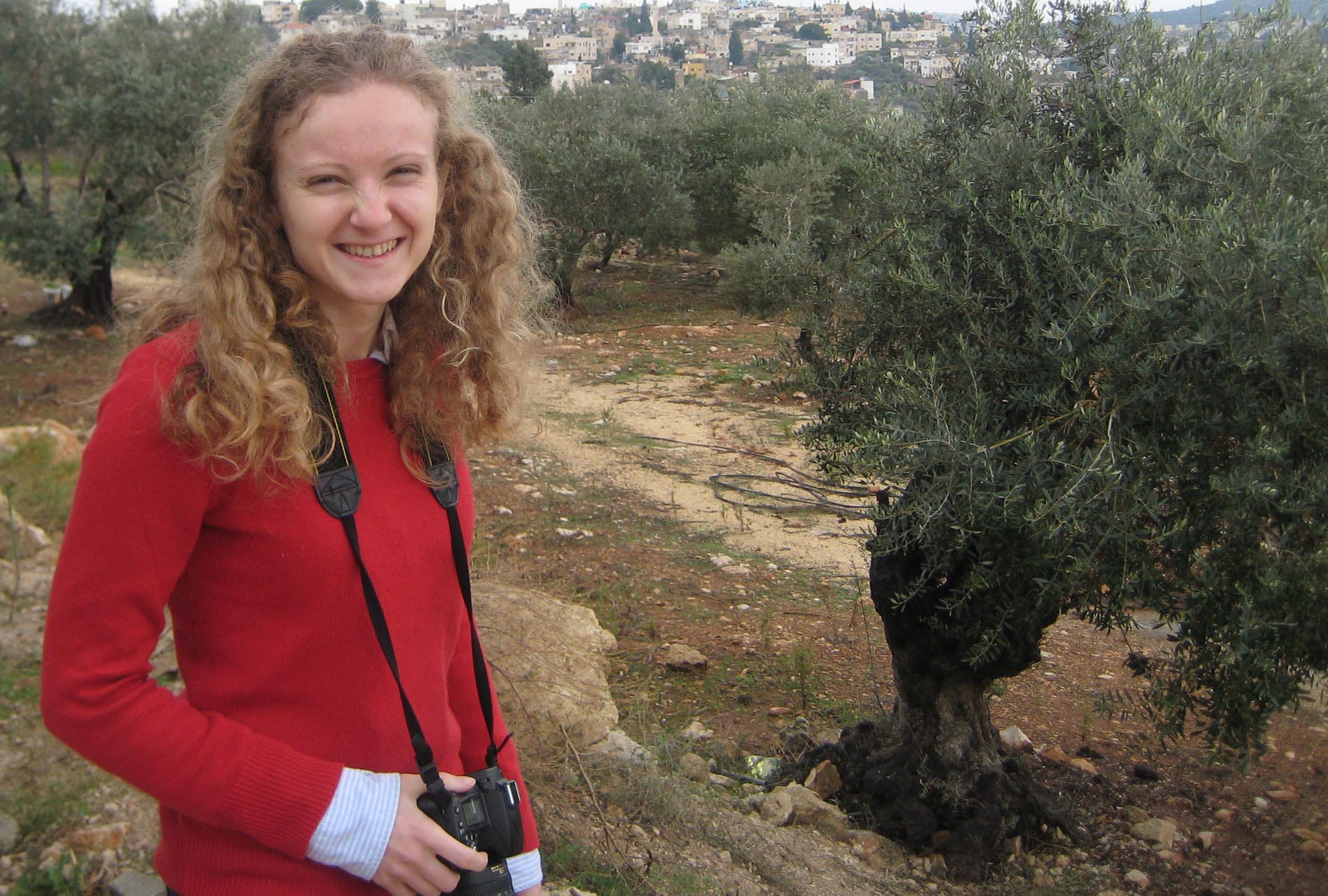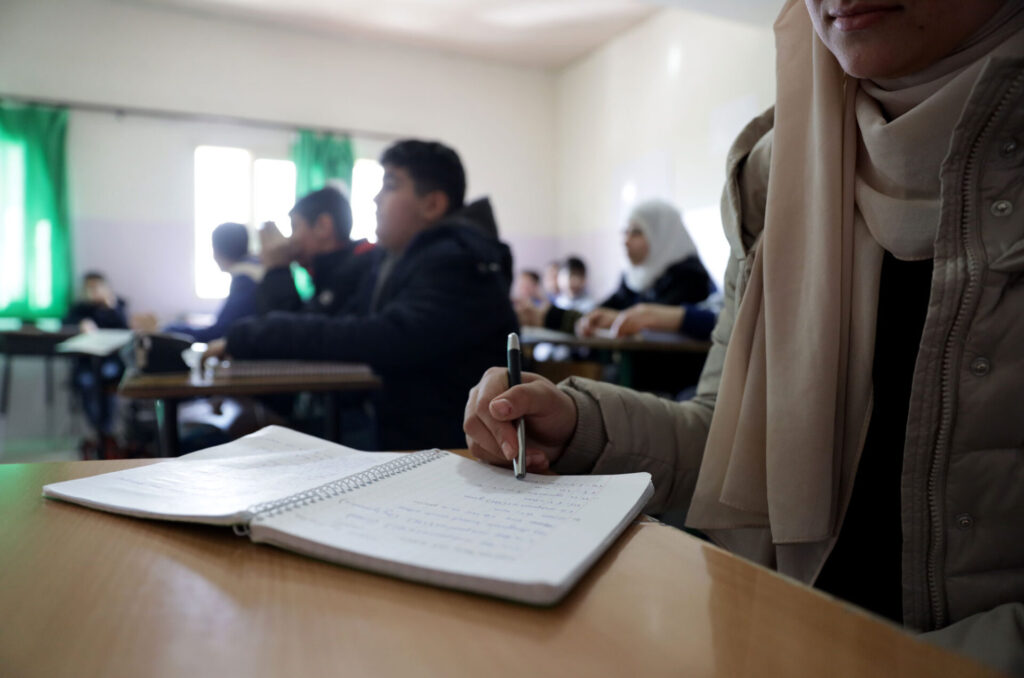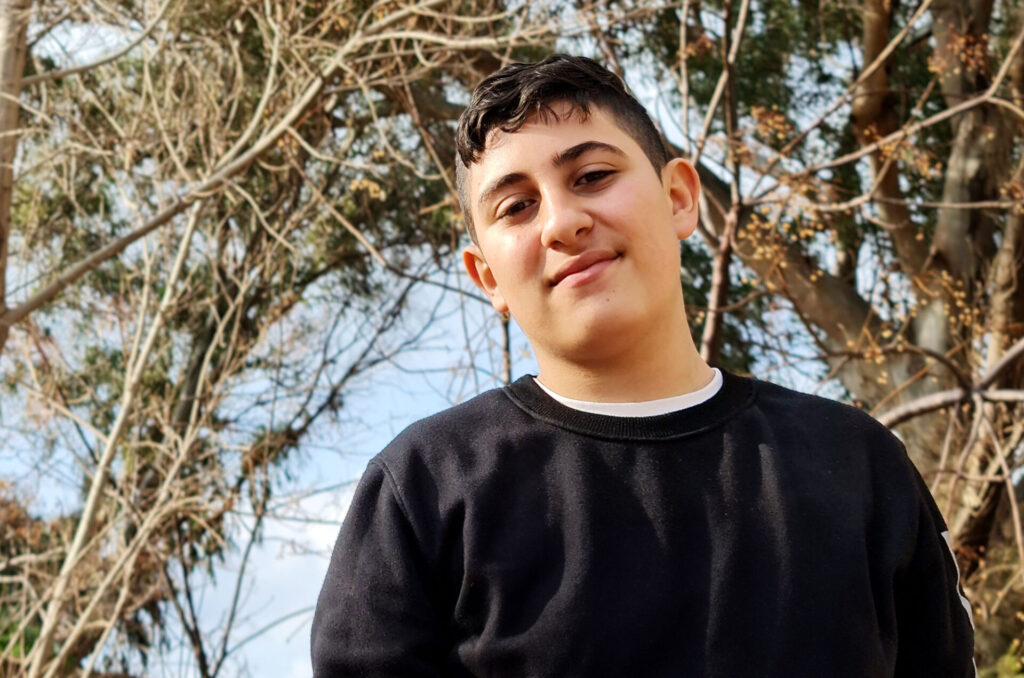Jul, 2013
When my colleague Naser Qadous from Ramallah called me with a training proposal last month, I didn’t know how to respond. He wanted me to organize seven hours of training for agriculture professionals to teach them how to write success stories about their approaches to farming and land reclamation. It was a big responsibility and, though I have been writing success stories for Anera for more than four years, I had never taught someone else how to do it.
Naser is Anera’s agriculture expert and has been running our 18-month-long knowledge sharing and management program supported by IDRC, IFAD and KariaNet. The program is considered ground-breaking in the field of knowledge-sharing in the Middle East. He told me the writing class was part of a five-day training course he had organized on ‘knowledge management.’
The participants expected to learn how to tell their stories so that they could reach a larger number of readers, especially interested farmers. Many are in charge of agricultural extension departments, which means they supervise 7-10 employees and hold regular training sessions. We hoped that the training would encourage them to integrate the concept of knowledge-sharing into their own department trainings and compel their employees to focus more on story-writing as a means of documentation and spreading integral knowledge among a wider group of farmers.
When the day came, I found myself standing in front of 28 professionals. They had backgrounds in agricultural guidance and/or communications, a perfect combination for an agricultural knowledge-sharing course. I took a deep breath and realized I was excited to do this. Maybe seven hours wouldn’t be enough to talk about writing and photographing their experiences?
As I started the training, I took the participants on a journey back in their memories to the stories they loved as children. What made them good stories? The reader’s imagination is engaged, they identify with the characters, and there is a happy ending. The conversations we had during our session ended up being very compelling to my class of adults. Many great narratives were shared.
West Bank Agriculture Successes are Shared
One participant described his own experience with knowledge sharing and documentation, or, to be more specific, lack thereof. Ayman Atawneh is the vice president of the agricultural extension department at the Ministry of Agriculture in Hebron. He had struggled with grafting pistachio saplings for a long time. While attending a pistachio grafting training in Jordan, he accidentally stumbled upon an important detail – a key to any successful pistachio grafting attempt – which the training failed to mention. By carefully going through the training’s photos, he noticed that all the newly grafted plants had dew drops on them. He suddenly realized that the ideal time for grafting these plants is just before sunrise, when the plants’ juices are still inactive. He had always done it in the morning, after the sun came up. Now his pistachio plants are thriving and plans to write about his successes to share his knowledge so that other farmers do not go through the same ordeal he did.
Another participant, Duha Abidi of the Ministry of Agriculture, created her own story about the training itself in the form of a film. Take a look >>
by Nada Dajani, Anera senior communications specialist




